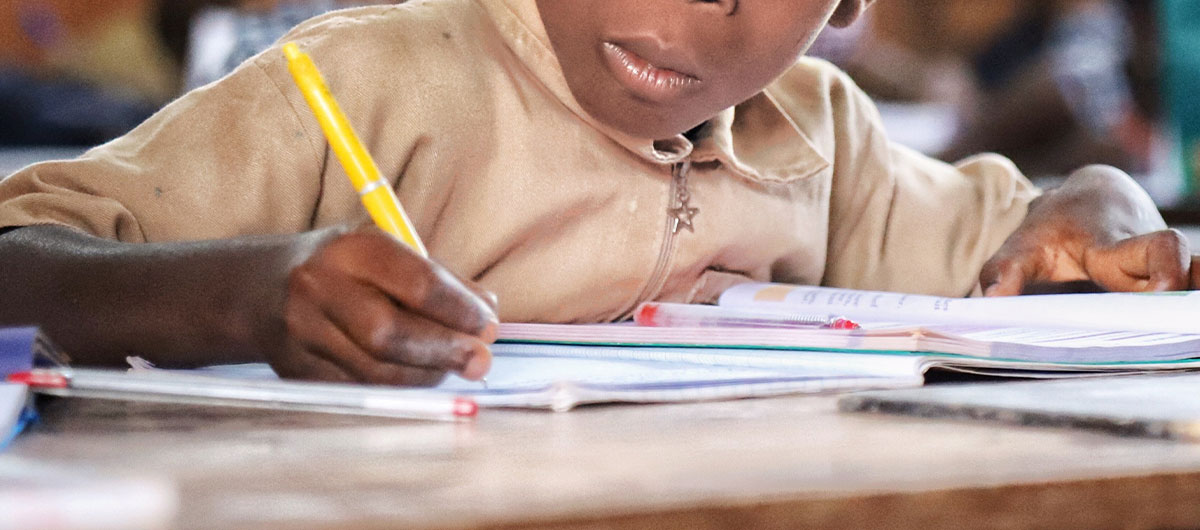
The coalition endeavors to complement processes through policy advocacy and influencing for the provision of equitable access to education for all children in Sierra Leone in a radical inclusive way; a critical component of the Medium-Term National Development Plan aimed at improving the country’s overall human development outcomes and increase economic growth; especially marginalized children and those with disabilities; children from low-income families; children in rural and underserved areas; and girls - especially pregnant girls or are parent learners. In our drive in contributing to quality education, EFA-SL Promote access to quality education, promote the right to education for children with disability, support skills development for Youth and promote active citizen participation.
EFA-SL coalition's approach to "transformative" education is to support knowledge acquisition and emphasize the role and need of technology in responding to education through innovative approaches that prioritize and protect the right to education especially in emergencies.
This is being approached by working with teachers’ institutions, teachers, and communities to ensure learner centered, motivation, and happy to learn and take informed decisions and actions at the individual and school levels that are beneficial to themselves and their communities. Education can only be "transformative" when learners feel valued, acknowledged, safe, and included as full and active members of the learning community
We explore options that provide increased opportunities to develop our network members, promote their capacities to enhance their resource, technical and institutional ability.
The EFA SL Coalition intends to focus its advocacy and campaign on education financing to ensure increased and sustained national allocations and efficient spending in education as well as equitable resource allocation across units that constituted in the education sector. The coalition moves to create space for civil society in engaging with the budgetary processes and other sources of resource mobilization in the education sector and institute transparency and accountability through budgetary analysis and resource tracking
On gender and education work, EFA-SL in consultation with its networks members, supported and collaborated with the Ministry of Basic and Senior Secondary Education (MBSSE) in the development of the 2020 Education Sector Analysis (ESA), which for the first time includes a chapter dedicated to gender analysis. As a gender-responsive institution, we also participated in the formulation of the current Education Sector Plan (ESP) with the intention of making it more gender-responsive for the years 2022–2026.Regarding the incorporation of gender-responsiveness in education sector, particularly at schools level, we have established cohorts of pupils peer educator's groups in schools and schools guidance counselors/focal point teachers have also been trained on gender concepts, and working with schools to improve the retention and completion of secondary education for females teachers. School administrators and students were trained to recognize, report, and react to gender-based violence in schools; advocated for WASH-friendly facilities in schools. On another hand, we Emphasized the need for comprehensive sexuality education (CSE) and assisted schools in establishing and implementing GBV reporting and referral pathways. We providedsuggestion boxes, engaged with the school safety ommittee, and conducted peer-to-peer engagement on GBV issues in order to strengthen reporting and response on GBV in schools. We also facilitated several community engagements on norms and barriers preventing girls from completing basic education.









